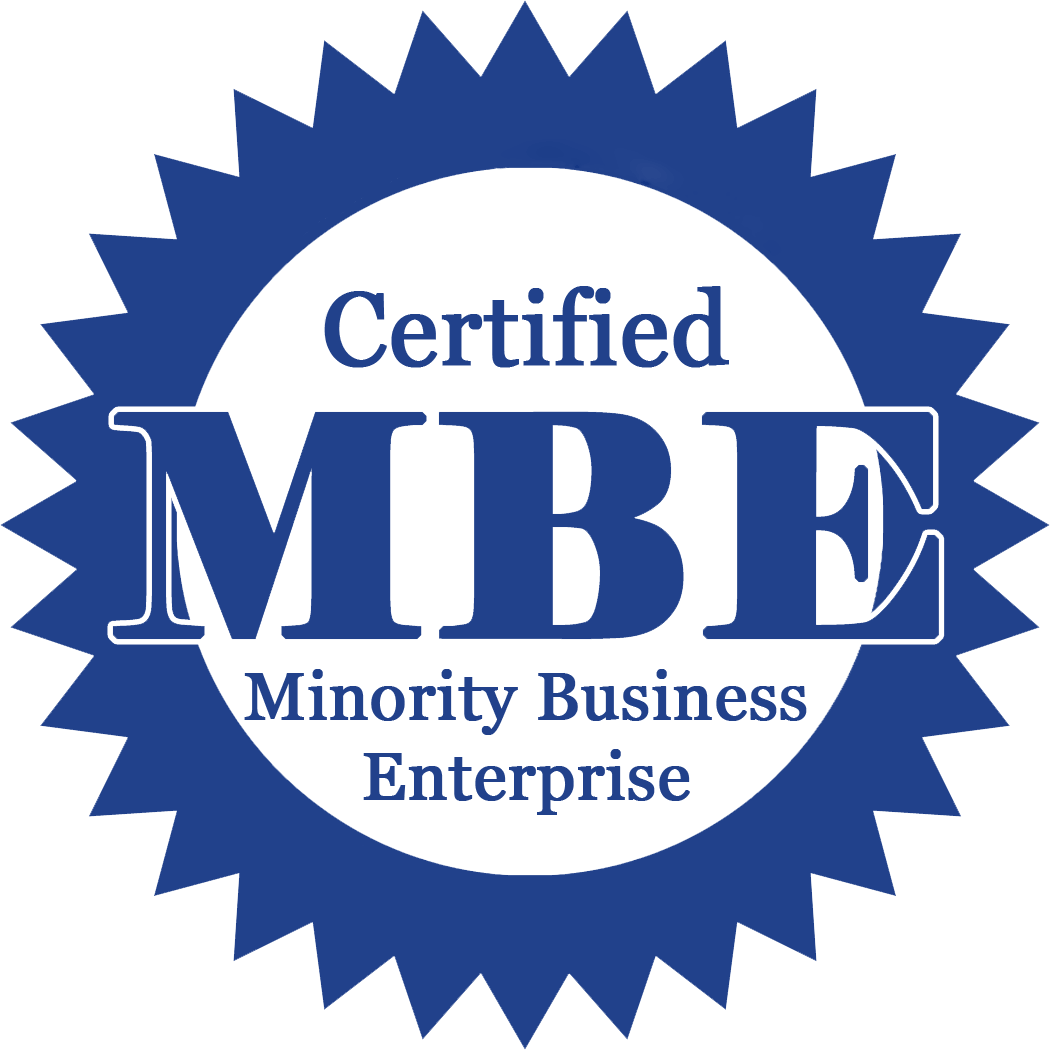Speakers: Matt Layton, VP - LegalShield; Sam Harris, Assistant Controller - LegalShield; Ken Peterson, President, CX - QuestionPro
Top questions & answers from this webinar
Q: Does LegalShield have any metrics to assess improvement in listening by legal providers?
Answer: Sam: Yes, we do. That's one of the questions I talked about when we have a detractor score. We ask a set of questions, and when we want to specifically measure listening ability. We measure the success of that we have a process where we look at the date the course was taken, and we look at either the member satisfaction score and net promoter score within like 60 days before and 60 days after to see if that score improves. We don't specifically look at the listening score because we only ask it on the detractor question. So there's a skew there that doesn't make it necessarily relevant to just look at that score. We have categories for these different questions we ask, and we do measure the success of those. And we actually went through a couple of months ago when we found the ones that weren't performing well we scrapped all those courses and remade all new ones to make sure that the quality of the
information that we give this good.
Matt: Sam created the member satisfaction score that we do internally; but, as a more industry standard, we also create and calculate NPS net promoter score within the, within the company. And that's kind of how we can dig down an even deeper to the listening question. And find out who may be getting a larger percentage of what we call detractor surveys are the detractor customers. Based on their peers. And when someone has that larger percentage of those detractors, we can then dig down further and say okay why maybe was this person. Why did this attorney create a potential detractor customer? Sam hit on another good point. We have training for our providers who are underperforming, but we also measure ourselves right are the courses, and the training we're creating is resulting in the outcomes that we expect them to. An attorney who takes a course does that attorney get better scores? We then just don't say, well, the attorney you took this class, and you didn't get any better. Maybe the problem is with you, and we look internally at us. How can we have made the attorney better or maybe that attorney would have gotten more out of it that would have resulted in a better member satisfaction score for our members.
Q: The law firms that you work with, do they have someone who is the firm's CX evangelists, or do you work with individual attorneys?
Answer: Sam: So what we have is what we call account managers. So there are people on our side that work with usually delete lawyer at each law firm and they have a list
of X amount of providers that they work with. And they dig through the data with them, kind of like the CX evangelists, as you mentioned. So they present this month, here's your score is here's where you struggled and here's how we can improve. So we have those three that work with each of our providers and have monthly meetings to ensure that they understand the data that's coming in. We also are moving more and more into like the Tableau sphere, so getting the data directly into our providers' hands. So now they can go in and now that they understand the data they've been working on these account managers, so they can check themselves, and they can see areas that they're struggling in areas that they're improving on their own and make adjustments as needed.
Q: What is your key CX metric? Do you follow up with all the customers or just the detractors?
Answer: Sam: So, for the longest time, our key metric was NPS, like a lot of organizations. But in the last year or so, we've looked to move more towards member
satisfaction. We still use NPS as a sub-key-metric almost always, so we don't abandon it totally, but we've moved more and more towards member satisfaction or, as most people call it, customer satisfaction. As for do we follow up with all customers or just detractors? Usually, just detractors because they're the ones that had the issue with the experience. We do ask for comments at the end of the survey and if they'd be willing to do testimonials when they're more positive, so we can kind of get understand their experience and use that may be in marketing, but our expectation is for them to have a good experience. So we feel like when they have a good experience. We don't need to dig too much into it because that's what we
expect. So yeah, mainly just the detractors in terms of understanding and improving our service.
Matt: We survey all the members that utilize the service, and then we kind of have a matrix based upon you know what their score what their responses are, what do we do next. Is it reach out to those people that give us the lowest scores to get more information to learn how we can improve more? Or is it those folks that give us the highest and and and best scores? Right. Are those our potential pool for testimonials that we can reach out to in order to, you know, help us market to more people like them?
Survey Software Easy to use and accessible for everyone. Design, send and analyze online surveys.
Research Suite A suite of enterprise-grade research tools for market research professionals.
Customer Experience Experiences change the world. Deliver the best with our CX management software.
Employee Experience Create the best employee experience and act on real-time data from end to end.







